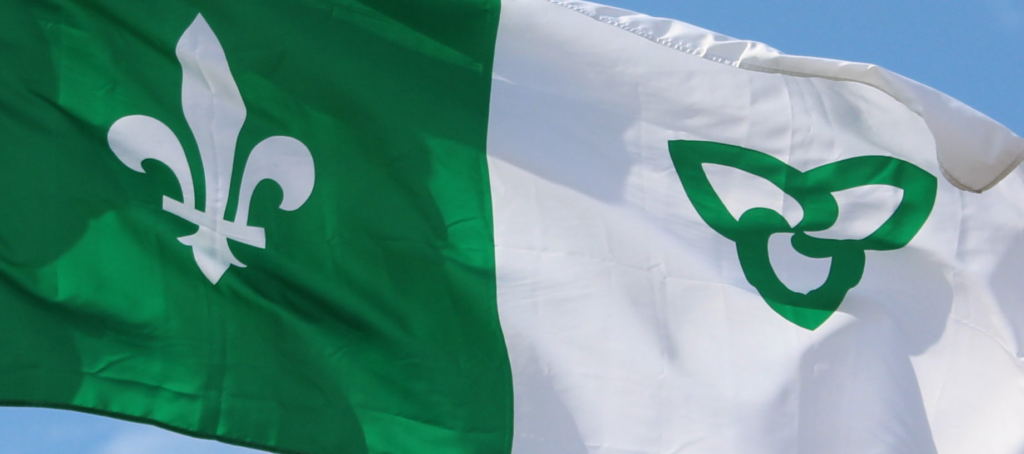The Fédération des communautés francophones et acadienne (FCFA) du Canada, the national voice of Canada’s French-speaking minority communities, is launching a new website called www.ourofficiallanguages.ca to promote a thorough and speedy modernization of the 32 year-old Official Languages Act. The FCFA’s website allows citizens to generate and send letters to their MP requesting action to ensure a bill to modernize the Act is introduced in Parliament as soon as possible.
“Modernizing the Act has been in the works for three years now and substantial efforts have gone into it. The COVID-19 crisis has caused delays and having a minority government means an election could be called in a matter of months. We’re almost at the finish line and the government has to introduce a bill now – nobody wants to have to postpone this long-overdue overhaul to 2022 or 2023,”says FCFA President Jean Johnson.
Incidentally, from the FCFA’s point of view, the COVID-19 crisis has also exposed the inequality of Canada’s two official languages, just as the Speech from the Throne acknowledged the importance of acting to protect and promote the French language.
“Modernizing the Act was already a pressing matter in 2019, and it’s even more so in 2020. We’re counting on Canadians to call on MPs to act on this issue,” comments Mr. Johnson.
The website is also available in French at www.noslanguesofficielles.ca.







 Le président de la Fédération des communautés francophones et acadienne (FCFA) du Canada, Jean Johnson, a émis la déclaration suivante
Le président de la Fédération des communautés francophones et acadienne (FCFA) du Canada, Jean Johnson, a émis la déclaration suivante